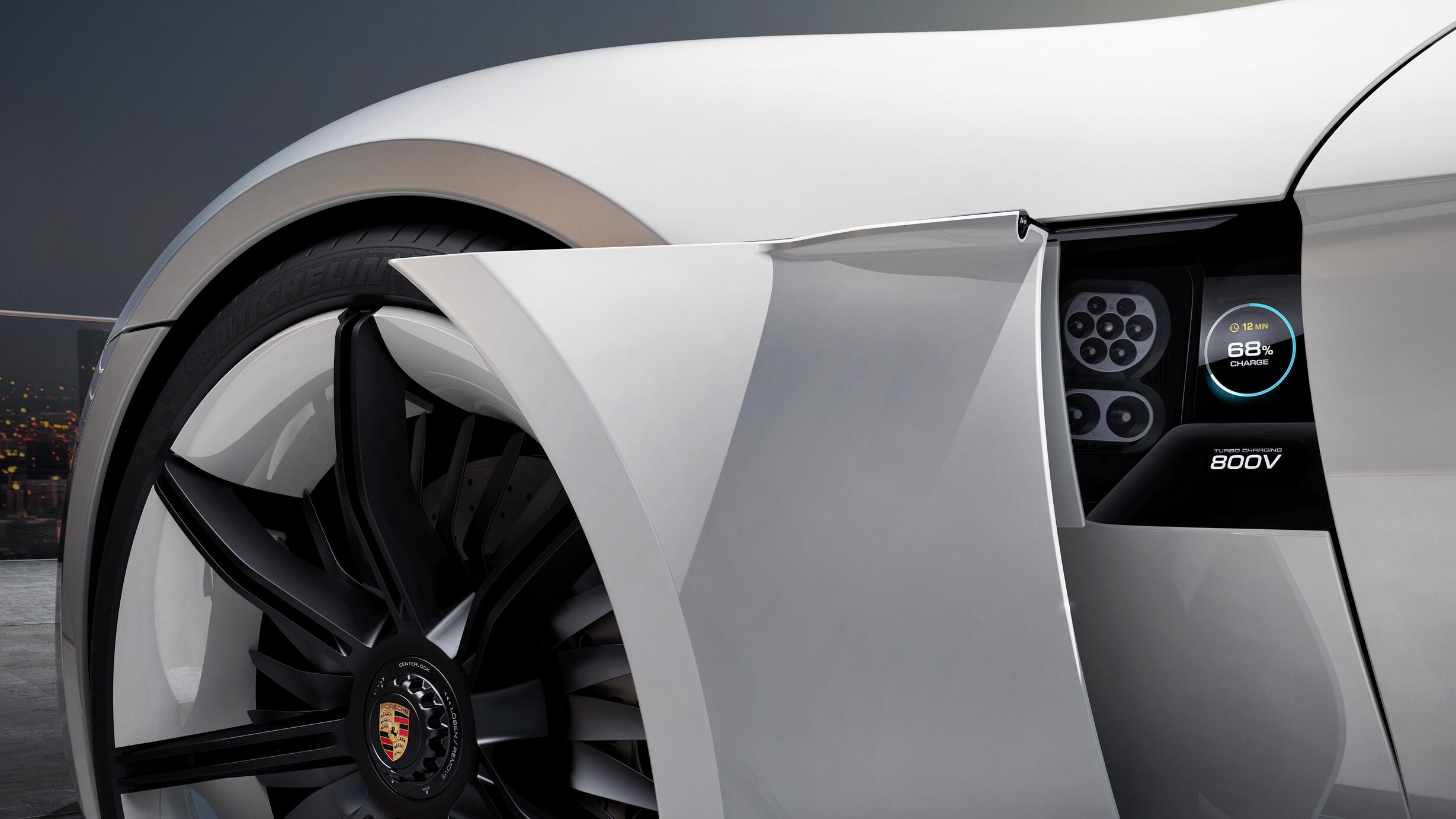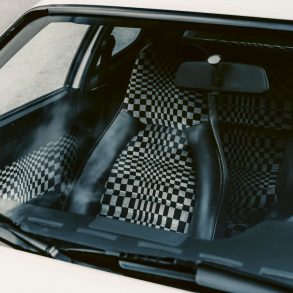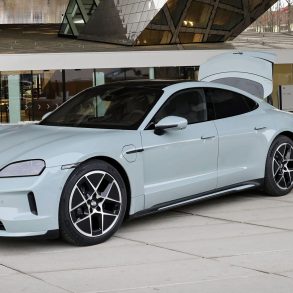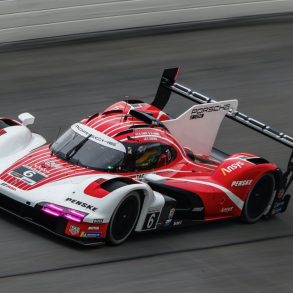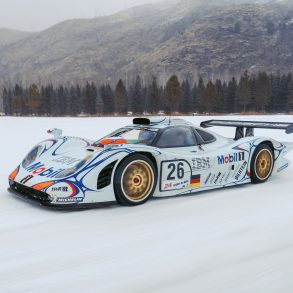The automotive industry is at a pivotal juncture these days, with change looming just beyond the horizon. The era of electrification is upon us all, whether we like it or not, and manufacturers are working to adapt to this shift in technology and consumer preferences.
Porsche, well known for seven and a half decades of petrol-powered performance, is no exception, although they do seem to have taken it more seriously in the past decade than others. Throughout that time, Porsche has been strategically positioning itself to thrive in an era where sustainability and electrification are becoming not just important, but necessary. Because Porsche thought ahead, they are poised to reap the benefits of a decade of planning, strategizing, and a quite remarkable journey down the path of electrification.
Porsche’s Electrification Journey
When you think of Porsche, the sound you hear in your head is the howl of a flat-six echoing off the canyon walls as a 911 carves corners, or the scream of a V4 combined with the whine of a hybrid motor as the 919 Hybrid powered down the Mulsanne Straight. However, the Germans recognize the need to evolve with the times, especially considering the increasing pressure to reduce emissions and find cleaner or alternate energy sources, as evidenced by the Euro5 regulations As a result, Porsche has embarked on an ambitious electrification journey.
The Taycan: Porsche’s First All-Electric Sports Car
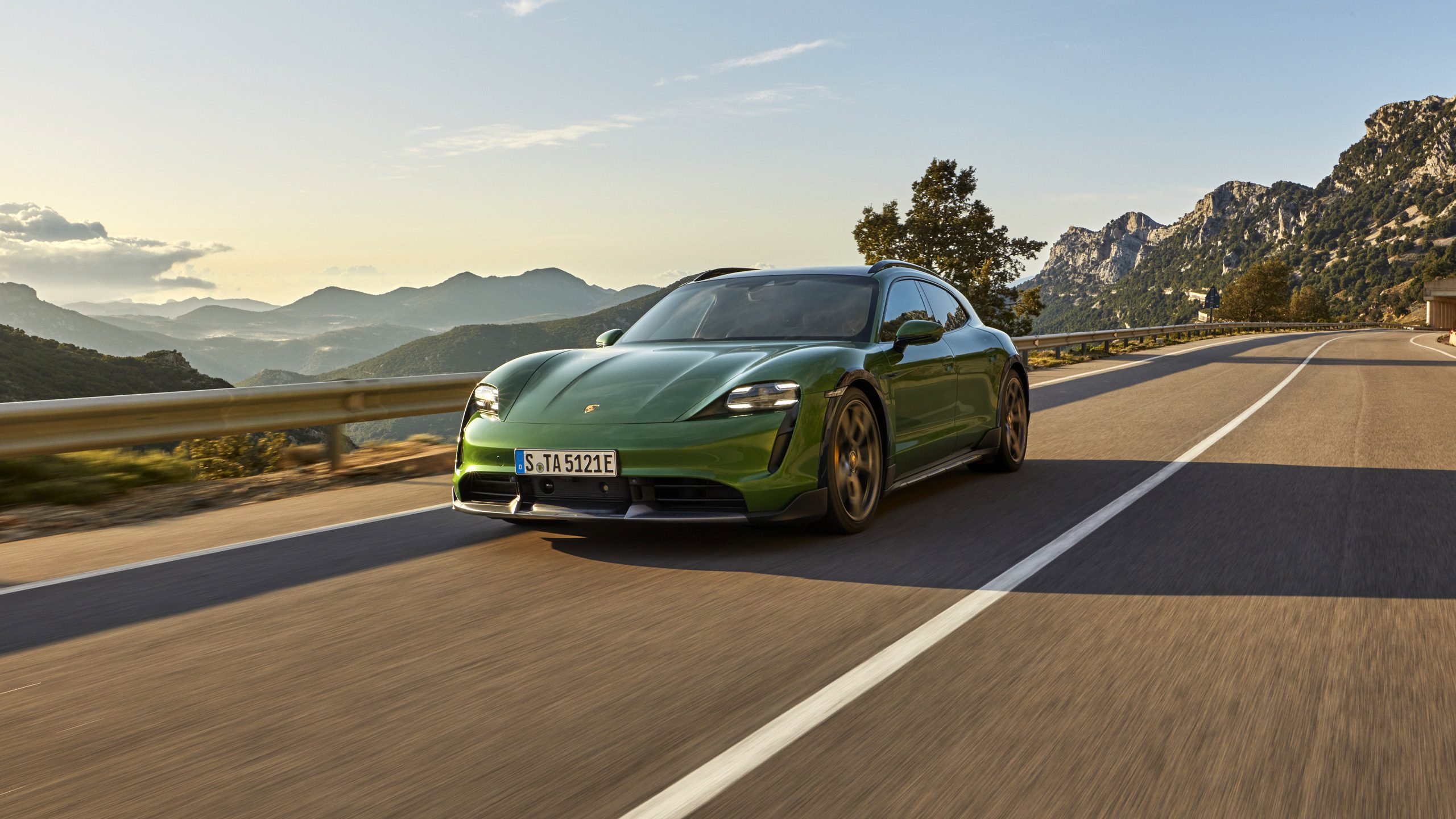
In 2019, Porsche unveiled the Taycan, its first all-electric sports car. This marked a significant shift in the company’s approach, demonstrating Porsche’s commitment to electric vehicles without compromising on performance. A stunning piece of engineering that could only come from Germany, it stayed true to the core ideals of the company, with handling, performance, and acceleration one would expect from a Porsche.
One of the key strengths of the Taycan is that it arrived right at the time that EVs, and the associated charging infrastructure needed to charge them, were becoming widespread and accepted. Porsche has invested heavily in the development of the Porsche Charging Network across Europe, which will provide supercharger-style stations, and is also compatible with other manufacturers, though not at the speed that it charges cars it recognizes as coming from Stuttgart. The actual stations have tentatively been named Porsche Charging Lounges, as they will provide a comfortable and modern lounge for owners to relax in while their cars charge.
This investment, in the billions of dollars, could be seen as a wild gamble at the time. But, like with any shrewd business decision, it was Porsche planning for the future, and taking care of one of the biggest worries in the earlier days of EV adoption: Range anxiety. Because there is that safety net of charging stations, more customers can buy more Taycans, meaning Porsche profits from the sales and can invest in more infrastructure.
Hybridization: Bridging Combustion & Electrification
As auto manufacturers continue to evolve their presence in the industry, many used hybrid cars are becoming available to consumers, including vehicles carrying the e-Hybrid badge from Stuttgart. Porsche recognizes that an abrupt shift to electric-only vehicles may alienate a significant portion of its customer base, many of whom are die-hard enthusiasts of their specific type of sports cars. To bridge the gap between tradition and the future, Porsche has recently been investing heavily in hybrid technology.
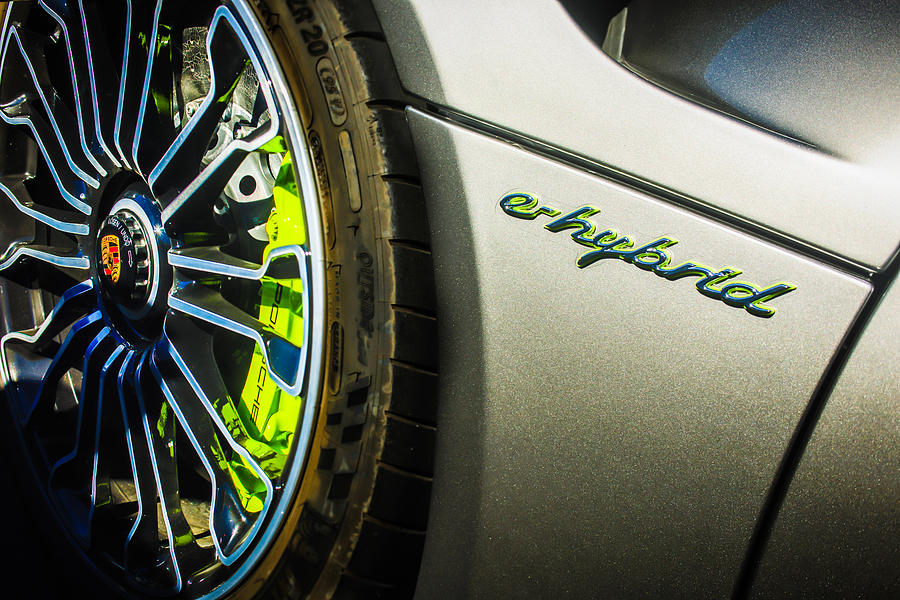
The Porsche Panamera E-Hybrid and Cayenne E-Hybrid are prime examples of this. These vehicles combine the “traditional” internal combustion engine with an electric motor, offering customers a taste of electrification while retaining the familiarity of a Porsche driving experience. These hybrid models not only reduce emissions but also showcase Porsche’s commitment to sustainability.
Sustainable Materials In Manufacturing
Electrification isn’t limited to just what’s under the hood, it can extend to the entire lifecycle of a vehicle. Porsche has decided to lead the charge as much as they can in this sense, taking steps to ensure sustainability throughout its operations. The most direct and prominent one of note is the use of sustainable materials in its cars.
For example, the interior of the Taycan features an optional leather-free upholstery made from recycled inorganic and organic materials, which creates a much smaller environmental footprint during production. Furthermore, Porsche has been exploring the use of natural and recycled materials in other parts of its vehicles, such as the carpeting and body panels with paper, fibers, plants, and woods, to reduce waste and emissions.
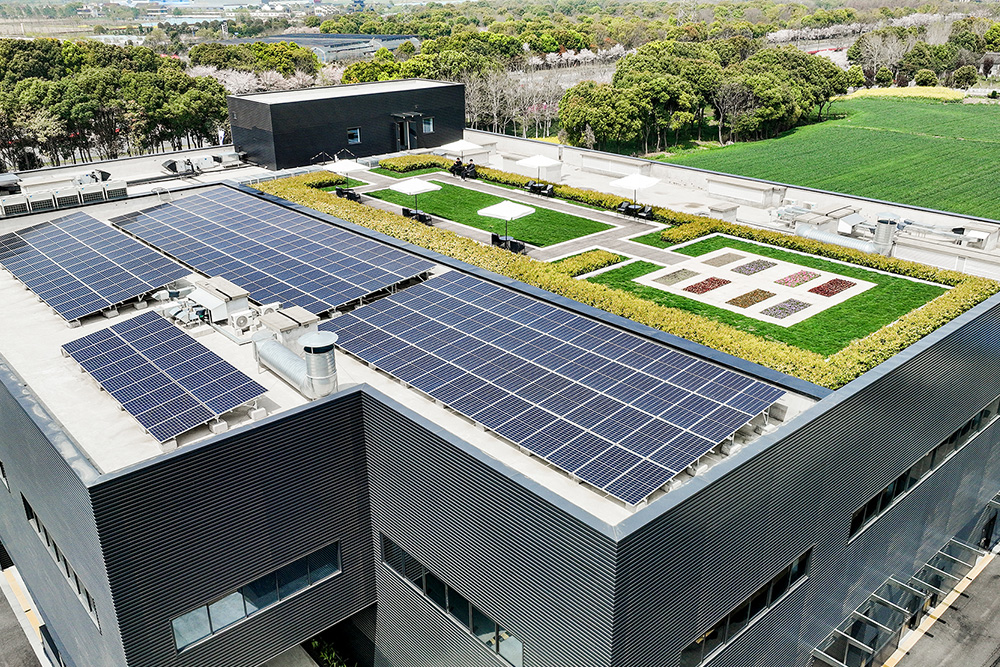
In addition to materials, Porsche is also investing significantly in sustainable manufacturing processes. The company has made substantial improvements in its production facilities to reduce energy consumption and waste, using wind and solar power as much as possible, with some of the factories even having solar arrays installed on their roofs.
Expanding the Electric Lineup
The Taycan was just the beginning of Porsche’s electric journey. The company has already announced plans to expand its electric lineup in the coming years, with the goal being that the 911 will be the sole remaining petrol-powered sports car from them by 2035, with the target year for 80% electrification as 2030. Even then, an EV version of the 911 is in development, and will be offered alongside the petrol-powered version, possibly in this decade.
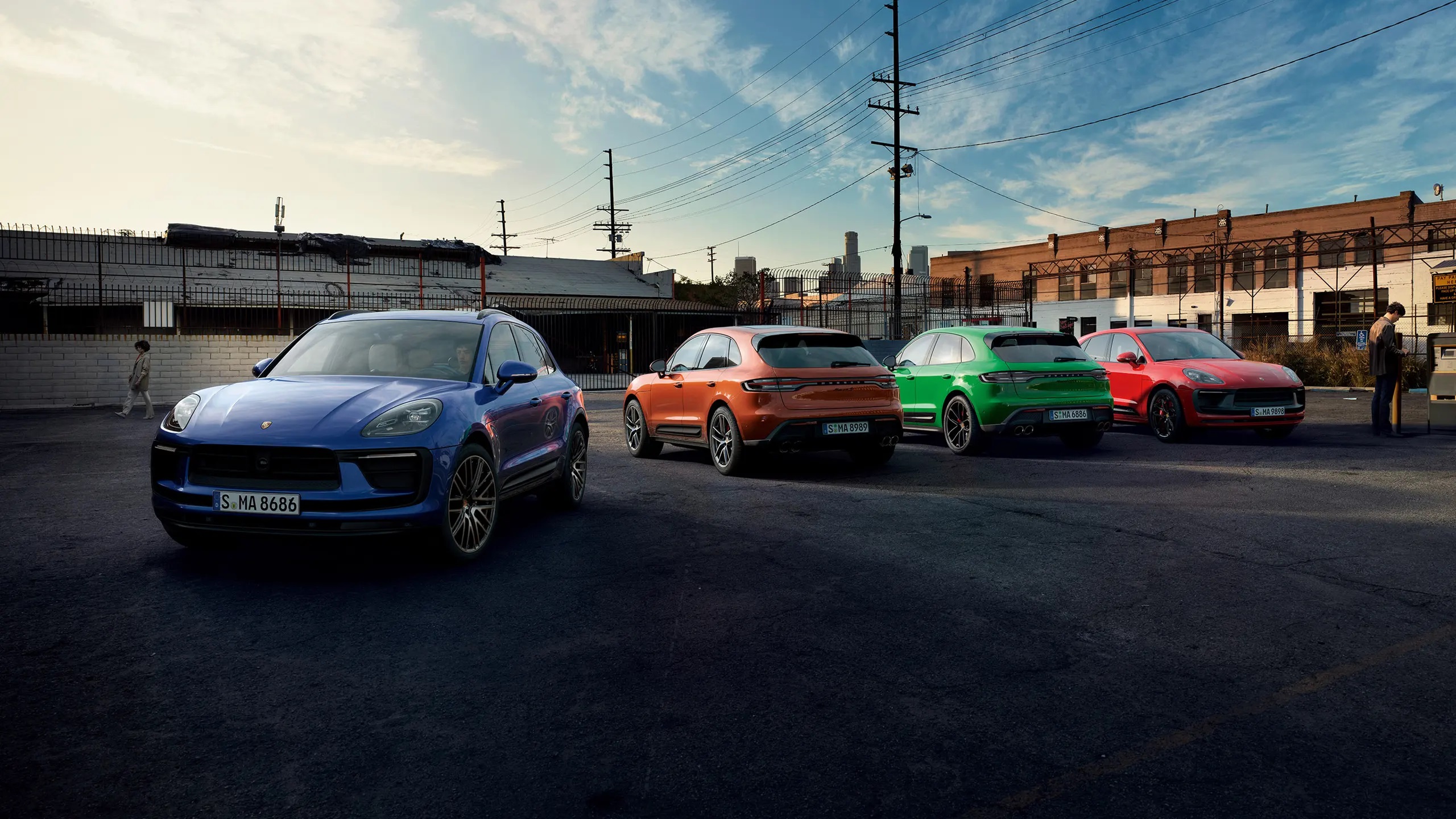
Furthermore, Porsche is close to releasing the Macan EV, whose petrol powered version today is one of Porsche’s best-selling models. This move is strategic, as SUVs and crossovers are currently among the most popular vehicle types not just in North America or Europe, but globally, and electrifying them can have a substantial impact on reducing overall emissions.
Balancing Performance & Sustainability
One of the primary challenges Porsche faces in the era of electrification is striking the right balance between keeping its spirit of exciting and dynamic driving with sustainable power and production methods. Indeed, the entire brand identity is built on delivering thrilling driving experiences lifted straight from the race track and put in a customer’s hands. However, EVs have, for quite a while now, faced criticism for sacrificing performance in the name of sustainability.
Of course, if you issue a German engineer a challenge, be ready for the impossible to become possible. The Taycan, for instance, shocked first-drive reviewers in 2018, just before it went on sale as a 2019 model, with just how much it felt properly Porsche. It handled beautifully, accelerated like it had been shot out of a cannon, and on top of that, had a range that embarrassed other EVs available at the time, even without buying a range extending battery. In short, the Taycan, when it released, showed that EVs don’t have to be boring, and maintained Stuttgart’s reputation for exceptional performance.
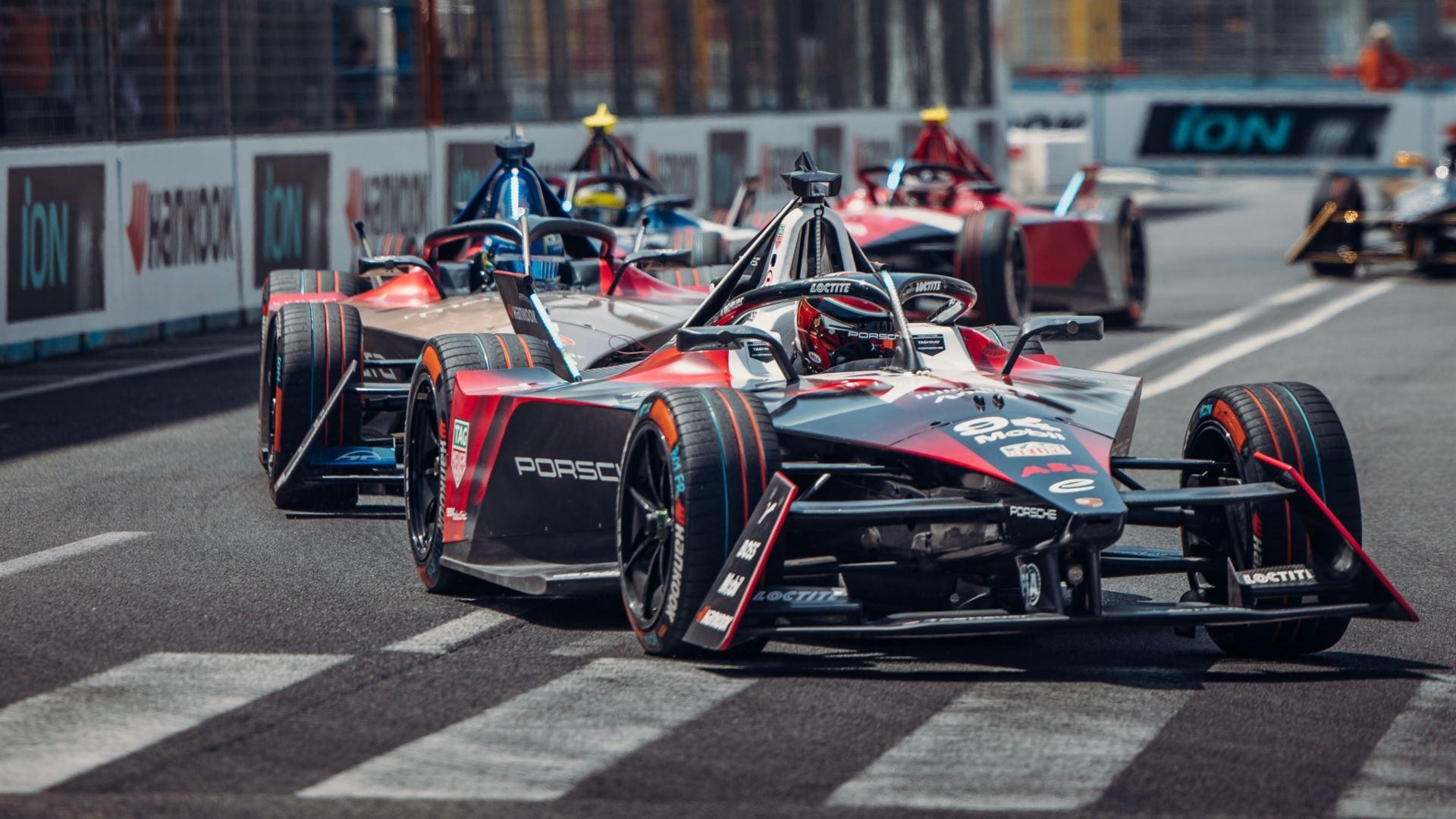
Moreover, Porsche has not abandoned its commitment to motorsport, a key aspect of its heritage. The company has been part of the FIA Formula E championship for several years now, using the developments from electric racing in planned models such as the aforementioned Macan EV. Formula E not only serves as a platform for showcasing Porsche’s EV technology, but also, in this way, is a source of inspiration for new tech that will very likely make it to their road cars.
Sustainability Beyond the Road
Porsche’s well-stated commitment to sustainability extends beyond its vehicles and manufacturing processes, as they are actively involved in environmental and social initiatives to reduce their carbon footprint and even work to eliminate it.
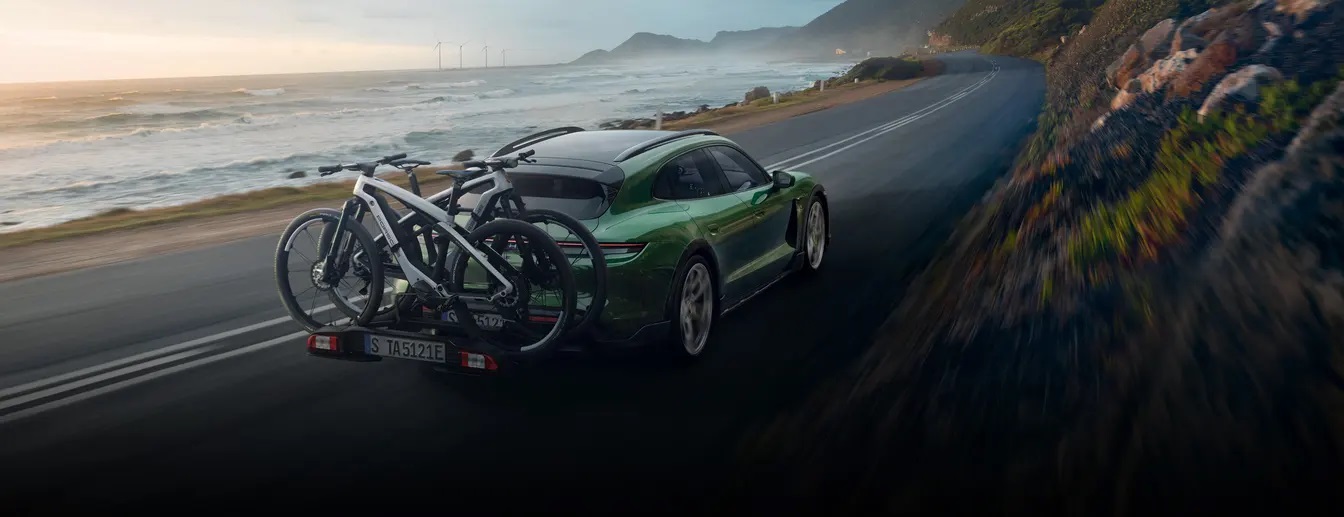
Promoting Electric Mobility
Porsche is not only developing electric vehicles for personal use, but is also exploring electric mobility solutions for urban environments. The company has been involved in pilot projects for EV concepts such as eBikes, eScooters, and self-driving EV mini-shuttles that could replace busses in the next 20 to 30 years.These initiatives may seem out of place for Stuttgart, but as Germany itself is becoming a highly electrified country in terms of both private and public transportation, it is only logical to invest where the demand lies.
Social Responsibility
Porsche is well aware of the social responsibility that comes with being a global brand, and the impact that negative press about environmental and social aspects can affect them significantly. Just look at Dieselgate, when VW, the parent brand of Porsche, admitted that they had been falsifying their diesel emissions data, and saw a significant dip in global sales for several years because of it. The company actively supports environmental and sustainability through education and community projects, such as the Porsche for Good program.
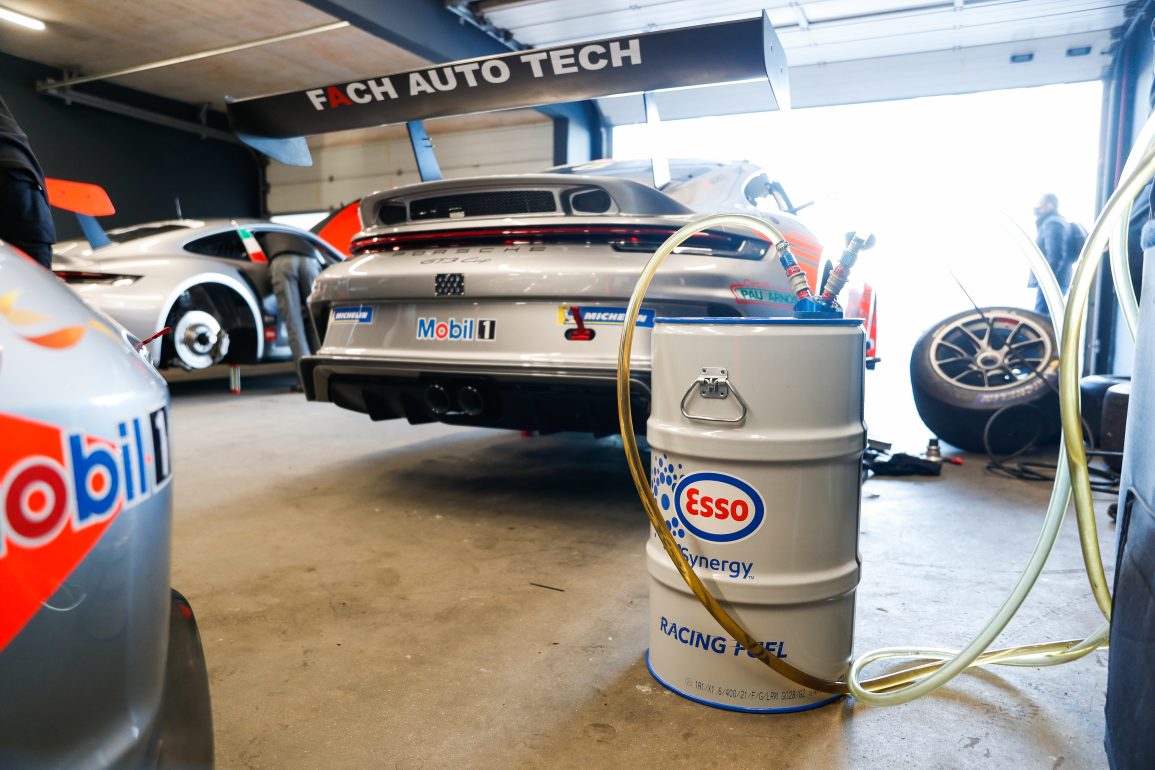
They have also invested in creating carbon capture stations around the world to create eFuel, a synthetic hydrocarbon made from water and carbon dioxide in a complex series of steps. These stations will create jobs in the countries where they are located, as well as provide contracts for local labor and infrastructure building the stations.
Challenges and Opportunities
While Porsche’s electrification strategy is promising, it is not without challenges and opportunities:
- Infrastructure Challenges: Porsche’s ambitious plans for electric vehicles rely heavily on the availability of charging infrastructure, hence their own investment in the Porsche Charging Network. However, they can only put up so many stations, and to do even that, must work closely with governments and other stakeholders to ensure that charging stations use sustainable power sources.
- Consumer Acceptance: Convincing die-hard Porsche enthusiasts to embrace electric technology is, without any shadow of doubt, the biggest hurdle to clear. There are some customers that think Porsche ended when the Type 993 911 was discontinued and they moved to watercooled engines, while others think that when the VW Group took over, the “Traditional Porsche” died. These are the hardest customers to convince, although if sales data is anything to go by, with the Taycan outselling the 911, perhaps there is a new breed of customer that is far more accepting out there.
- Technological Advancements: As electric vehicle technology continues to evolve rapidly, Porsche needs to stay relevant and at the forefront of innovation. This includes improvements in battery technology, charging speed, and range, which are the core parts of why EV adoption, while rapid, is not having a cascade effect yet
- Regulatory Compliance: Porsche, like all automakers, must navigate an increasingly complex web of emissions regulations around the world. Compliance with these regulations, while maintaining the brand’s performance standards, could best be compared to a tightrope act while juggling. Incredibly difficult, but so far, they have walked that tightrope and not dropped a single pin yet.
- Market Expansion: As emerging markets show increasing interest in electric vehicles, Porsche has an opportunity to tap into new customer bases. Developing EVs that cater to these markets’ preferences and needs is crucial. Not everyone wants a performance sports car, and Stuttgart has a golden opportunity to create a potential sub-brand of lower cost, more accessible EVs that cater to the average consumer that just wants a “Cool EV” that has range, comfort, and doesn’t drain their bank account.
The Future Is Looking Bright.
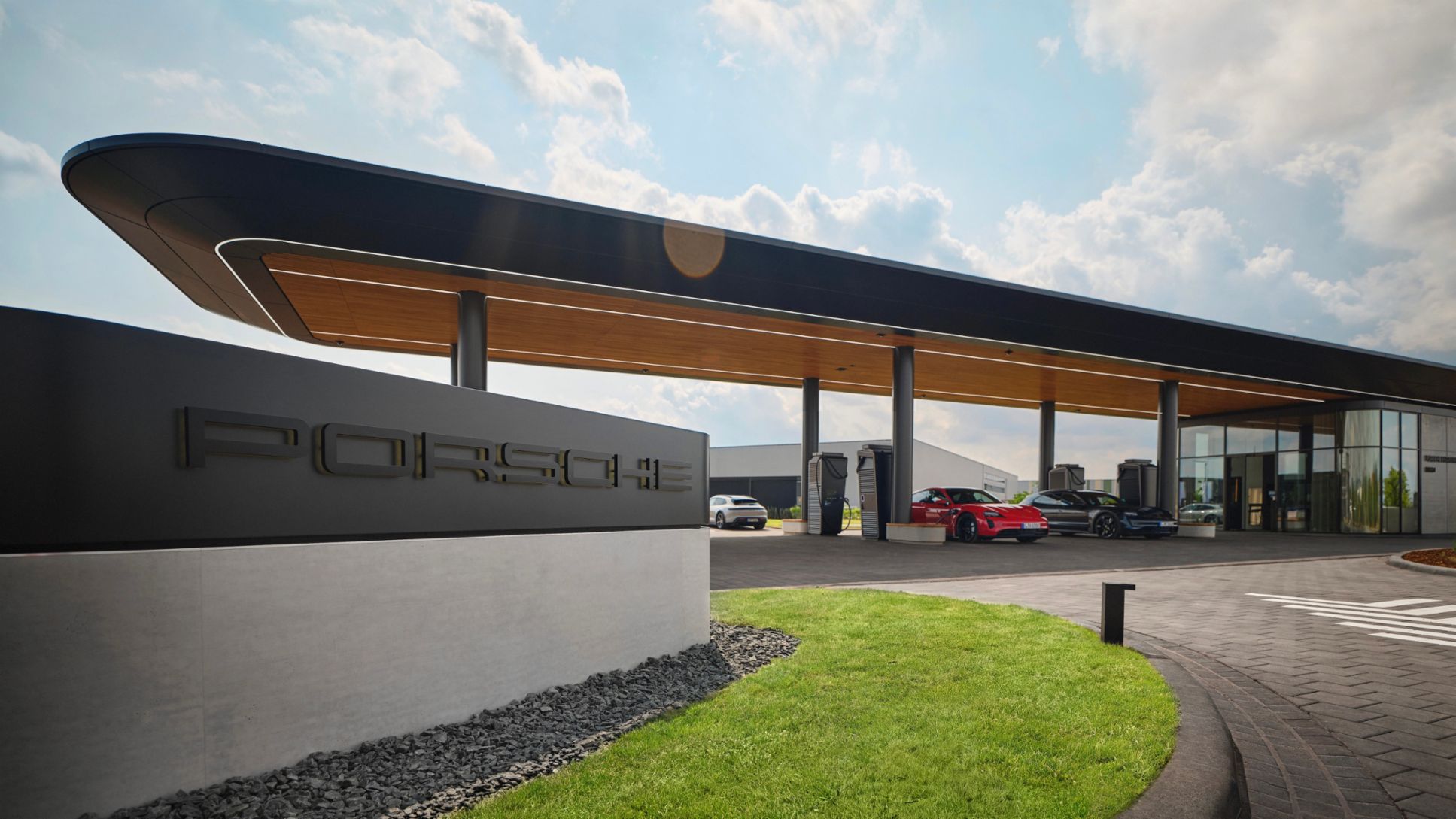
Porsche’s strategy in the era of electrification is a testament to the company’s commitment to both its decades of high performance sports cars and motorsports, and a sustainable future. The introduction of the Taycan and the continued development of electric and hybrid models signal Stuttgart is serious about EVs and electric mobility as a whole, without compromising on the feel or performance expected of a car carrying the crest on its hood. Moreover, Porsche’s efforts in recycled and sustainable materials, using environmentally friendly power sources for their factories and manufacturing processes, and especially corporate responsibility in the face of the fiasco their parent company endured demonstrate their dedication to a sustainable future.
While challenges loom just beyond the horizon, Porsche’s strong brand, engineering prowess, and dedication to their core ideals will allow them to thrive in an automotive landscape that is on the cusp of a tremendous shift in priorities..


